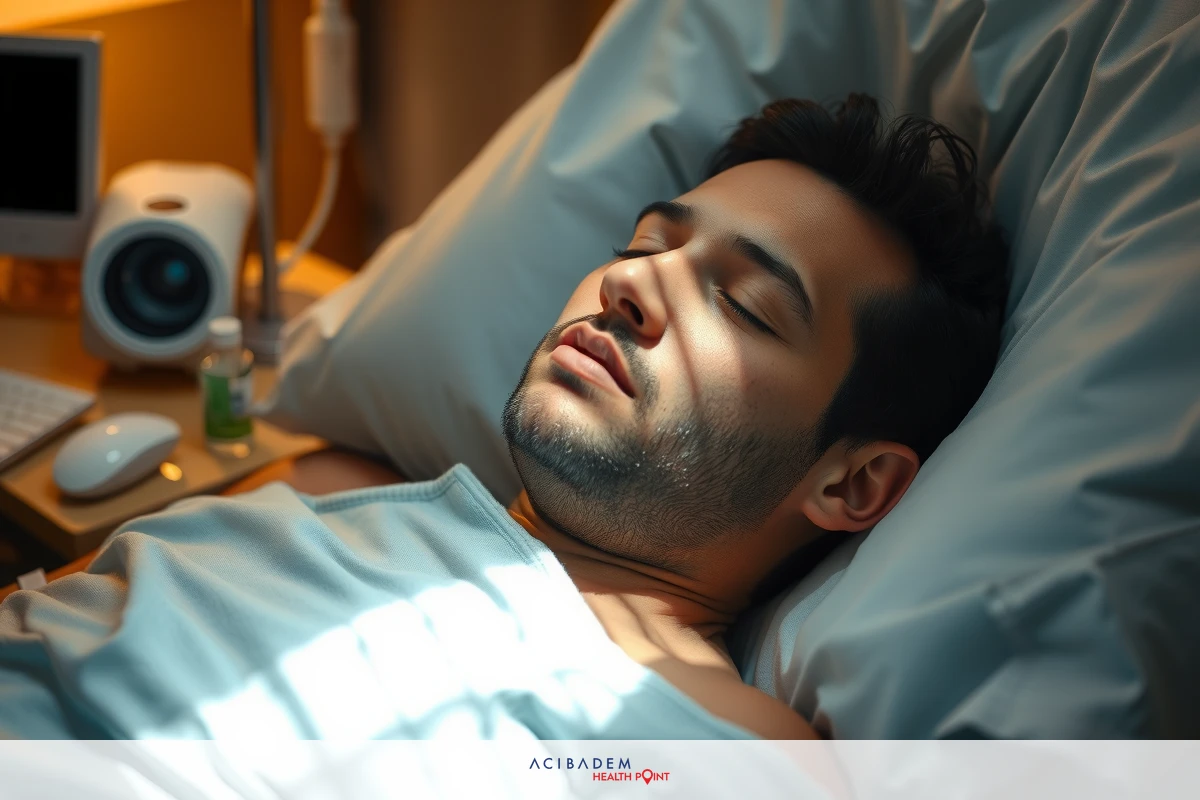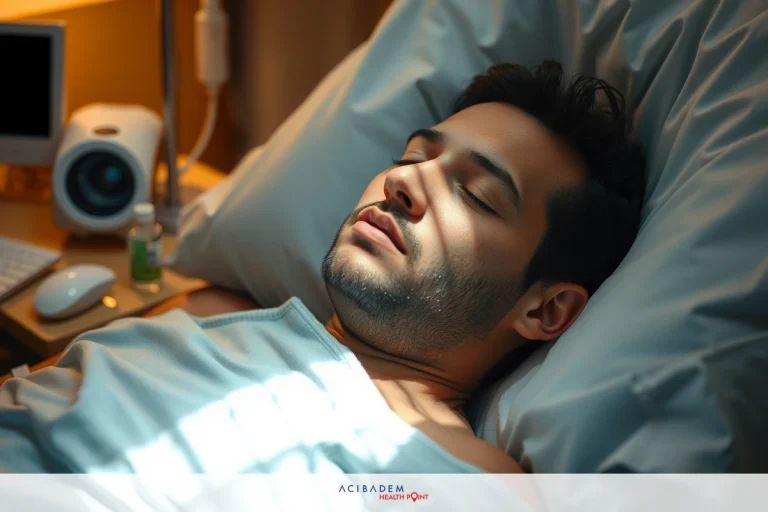How Many Days to Recover After Laser Eye Surgery
How Many Days to Recover After Laser Eye Surgery Laser eye surgery, a cornerstone of correcting vision defects, has transformed the lives of millions. The recovery period after this operation is an essential part of the journey toward clear vision. It’s not just about how quickly you can jump back into your routine; understanding what happens during recovery helps manage expectations and supports optimal healing.
The first few hours and days post-surgery are crucial for setting the stage for full recovery. These initial stages might bring some discomfort or unusual visual experiences – all part of the body’s response as it begins to heal. Continuing on from there, each successive day greets patients with progressive improvements in their sight – a thrilling experience!
Everyone’s path to recovery may differ slightly based on individual factors such as age, overall health status, and specific surgical details. As always, consulting with your healthcare provider will give you precise information tailored specifically to your situation.
Immediate Postoperative Period
The immediate postoperative period is a crucial phase in the healing process after laser eye surgery. Following the operation, patients often experience blurred vision and a slight burning or itching sensation in their eyes. This is completely normal and part of your body’s natural response to the procedure. While it may seem alarming at first, these experiences are temporary indications that recovery has begun.
During this time, you could find some fluctuations in your visual acuity with moments of sharpness followed by periods where things seem out of focus again. These changes are an expected part of the recovery journey as your eyes adjust to their new state following surgery. It’s also quite common for patients to feel tired due to both the physical effort involved and emotional relief once surgery concludes; rest during this stage aids optimal healing.
In addition to these sensations, you might notice that light seems unusually bright or glaring – another typical side effect during this initial phase post-surgery. Wearing sunglasses can help manage sensitivity towards light while protecting your newly operated eyes from potential harmful elements like dust particles or direct sunlight.
Rehabilitation begins right after surgery; follow all instructions provided by your medical team regarding medications, eye drops usage schedule for reducing inflammation and preventing infection; avoid rubbing or pressing on your eyes under any circumstances as it can interfere with the healing process.
Although each patient’s timeline varies slightly based on individual factors such as age and overall health status along with specific surgical details, most people start noticing substantial improvements within 24-48 hours post-operation—a testament to both our bodies’ remarkable capabilities for self-healing and modern surgical techniques’ efficacy!
Healing Process
As we navigate the path to recovery following laser eye surgery, understanding the healing process becomes paramount. It’s a fascinating journey that unfolds in stages and reveals our bodies’ extraordinary ability for self-repair and adaptation.
The first stage of this process can be likened to a sort of ‘settling down’ period. Your eyes begin adjusting to their new norm after undergoing significant changes during surgery. This phase usually lasts a few days up until one week post-operation, characterized by fluctuating vision and mild discomfort as your body gets accustomed to

these adjustments.
Initial 24 hours: Immediately after surgery, it’s normal for vision to seem foggy or blurry. You may also experience light sensitivity or see halos around lights.
First Week: Within this period, most people notice an improvement in visual acuity. Regular use of prescribed eye drops helps minimize inflammation while promoting faster healing.
One Month Post-Operation: By now, patients typically enjoy clearer vision with minimal fluctuations compared earlier on in the healing process.
Bear in mind that full stabilization of your vision might take anywhere from three months up until six months post-surgery depending on individual factors such as age, overall health status and specific surgical details involved. Rest assured though; each passing day brings you closer towards reaping all benefits associated with improved sight courtesy of laser eye surgery!
Managing Discomfort
Dealing with post-surgery discomfort can be a challenge for some patients following laser eye surgery. While the operation itself is relatively quick and painless thanks to numbing drops, the recovery period might bring certain discomforts or side effects. Learning how to manage these effectively forms an integral part of your rehabilitation journey.
In the hours immediately following surgery, it’s common for patients to experience sensations akin to having something in their eyes. This feeling often subsides within 24 hours as your body starts its healing process. To help alleviate this discomfort, try closing your eyes and resting them intermittently while avoiding any urge to rub them – even if they feel gritty or dry.
Alongside this, you may notice increased sensitivity towards light during the initial recovery phase. Wearing sunglasses both indoors and outdoors can prove beneficial in managing this symptom until it resolves naturally over time. Remember that being patient with yourself throughout this phase goes a long way toward ensuring optimal healing.
Another potential side effect could be experiencing halos around lights or slightly blurred vision at night-time during early stages of recovery; rest assured though, these usually improve significantly as days turn into weeks post-operation! Just remember that every person’s path towards complete vision stabilization varies based on individual factors including age, overall health status along with specific surgical details involved.
During all stages of recuperation after laser eye surgery – whether immediate or extended – maintaining regular contact with your healthcare provider ensures personalized care tailored specifically to meet your needs and aids swift resolution should any concerns arise!
Frequently Asked Questions
How long after laser eye surgery until I can return to work?
: The answer varies based on the nature of your job and individual recovery speed, but many patients find they're able to resume normal activities within a few days post-surgery. Always consult with your healthcare provider before making this decision.
Can I drive immediately after my procedure?
No, it's recommended that you arrange for someone else to drive you home following the surgery. Your vision may be blurry or unstable in the immediate hours post-operation, making driving unsafe.
Will I need glasses after laser eye surgery?
While laser eye surgery significantly improves vision, some people might still need glasses for certain tasks like reading or driving at night. Your surgeon will discuss this with you during your consultation.
Are there any dietary restrictions during recovery?
There are typically no specific dietary restrictions following laser eye surgery; however maintaining a balanced diet rich in vitamins and minerals can aid overall healing process.
The answers provided here are intended solely for informational purposes and do not constitute medical advice. Always consult with a healthcare professional for accurate information.








